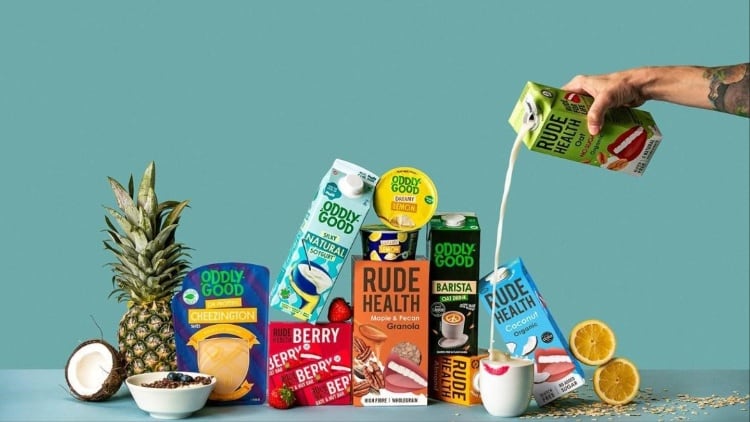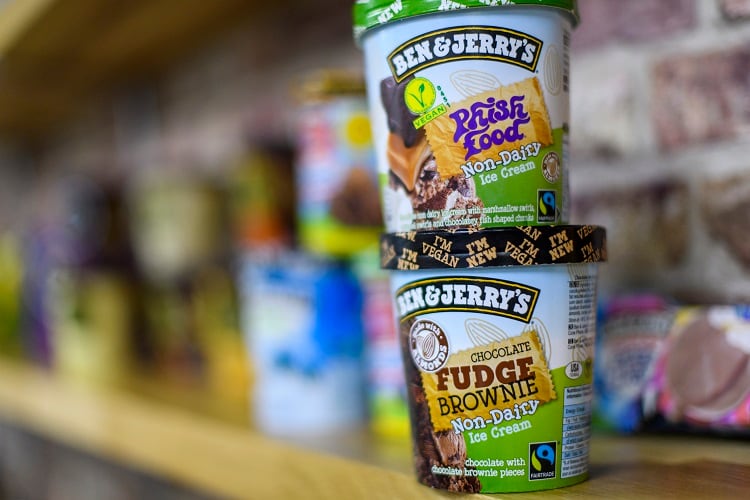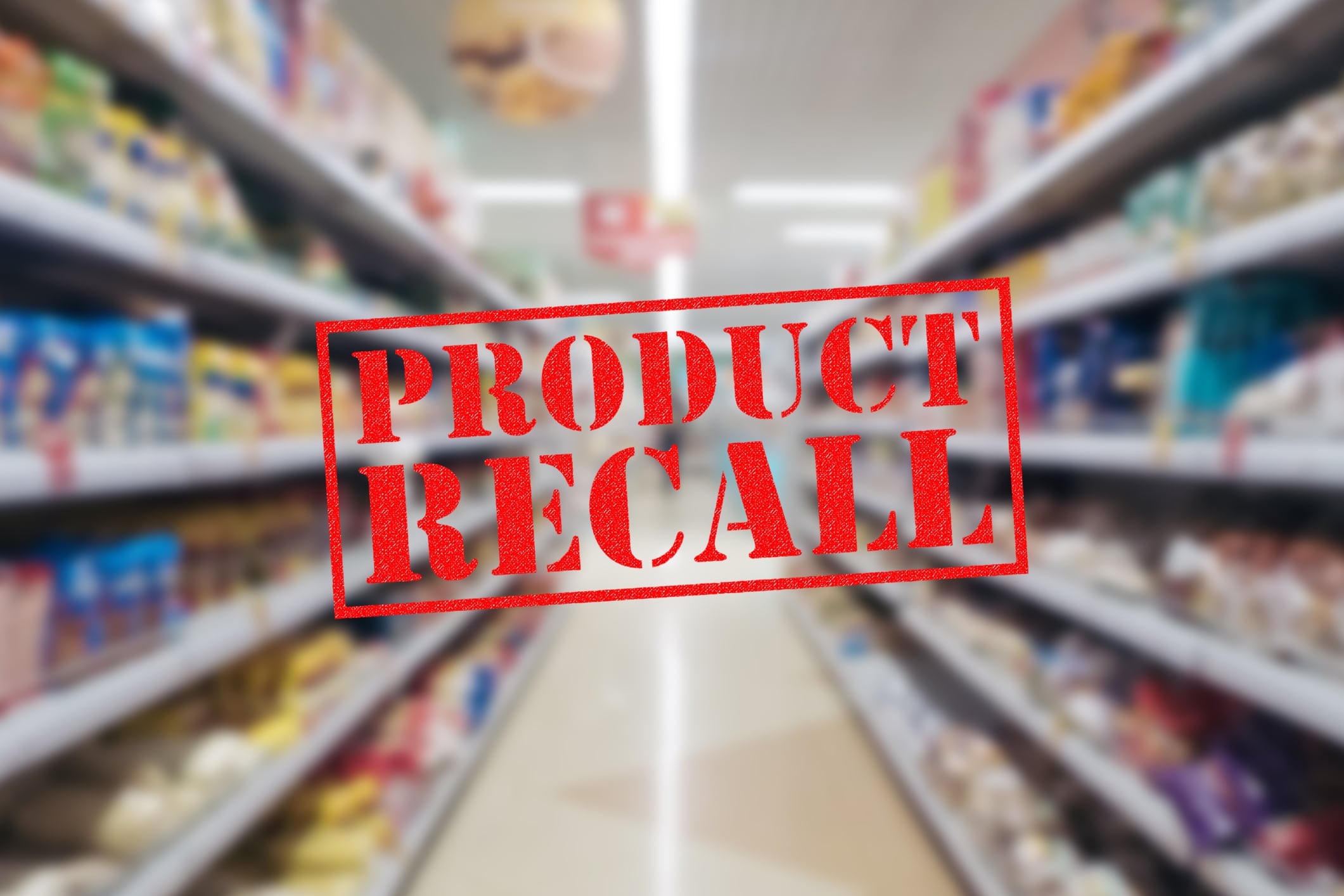This data, gleaned from a survey of 2,000 UK consumers, suggests there remains a huge opportunity for category growth despite a 0.8% decline in value over the past year, Oddlygood has argued.
The Finnish plant-based manufacturer, which acquired UK brand Rude Health last year, invited members of the press to its café in West London to share the findings, which revealed that 62% of lapsed users still feel positive about plant-based drinks.
While 58% of lapsed users stated that they feel confident in their understanding of the health benefits of plant-based drinks, 28% said that clear, accredited health information would be the top motivating factor for them resuming consumption of plant-based drinks. This ranked ahead of both taste and price among lapsed users.
Among low users, clear and accredited health information on pack was named as the top factor that would boost consumption (33%), while taste (22%) was the top factor for non-users.
In the case of yogurt alternatives and desserts, taste and health perceptions are key barriers, but quality emerged as a bigger challenge than with drinks. Over a fifth of lapsed users feel they are paying more for an inferior product, while 21% believe plant-based versions taste artificial and 22% think they are too bland.
During the event, members of the press were invited to ask questions of a panel which included Oddlygood global CMO Nina Gillsvik and CCO Tim Smith, lifestyle behaviour change specialist Dr Heather McKee and world barista champion Dale Harris.
To kick off the session, host Emma Weinbren asked the panel about how lapsed, occasional and non plant-based based drinks consumers can be attracted to the category.
“We have seen across both brands (Oddlygood and Rude Health) that plant-based products have to taste as good as or better than dairy alternatives if you want people to go back and buy them again and again,” Gillsvik responded.
“With the yogurts and desserts, finding the right texture is also crucial. The taste and texture doesn’t have to be the same as dairy, but it needs to have its own taste credentials.”
Smith then added: “We believe it is our responsibility to support the growth of the category as a whole, not just of the Oddlygood and Rude Health brands.
“This is why we published the report with an eye on returning to the growth we have seen in the past.”
Asked about the challenge of recruiting non-users in particular, Dr McKee said: “Appealing to new people is hard and you cannot expect to see radical change immediately.
“But there are a range of ways you can build familiarity and new habits, such as introducing trend-driven products like the coconut matcha latte or creating opportunities for new experiences. Its about making plant-based products exciting and approachable, but also familiar.”
Dr McKee also explained how understanding the motivations behind a person’s consumption behaviour should not be overlooked.
“Over time it is important for people to sample a range of products and find what is right for them, so they don’t just associate plant-based with oat drinks,” she continued.
“If people are making a choice for external reasons that are not intrinsic, it is unlikely to have a lasting impact on their behaviour.”
Finally, Food Manufacture asked how appeals to animal welfare concerns have been shown to impact consumers when they are choosing whether to go for plant-based options or not. This includes ethical concerns about firms linked to Israel’s genocide of Palestinians in Gaza or Russia’s illegal invasion of Ukraine.
“There is certainly a cohort that buys into alternative milks for that reason, but most people consider a whole range of factors,” responded Harris.
“For example, [many young people] will focus on flavours or colours and trends they saw on TikTok, as well as how companies make their money and their connections to Gaza or Ukraine.”





